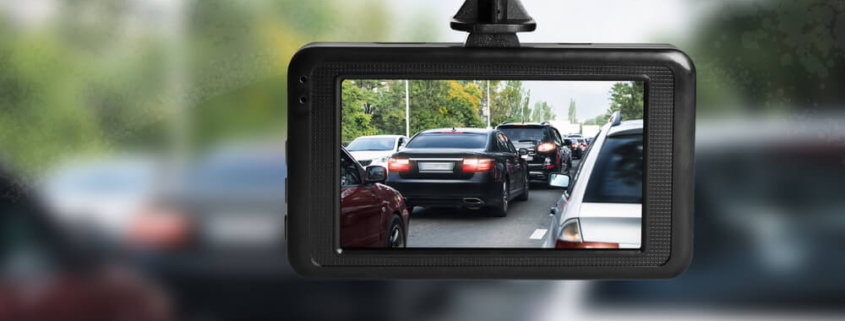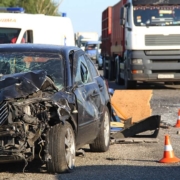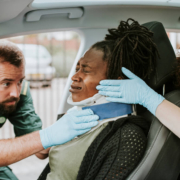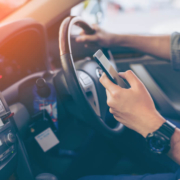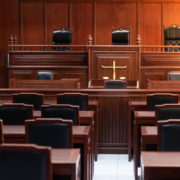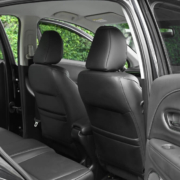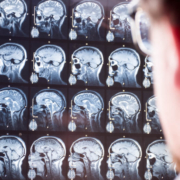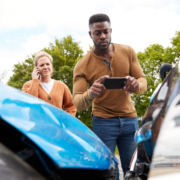How Dashcam Footage Can Impact a Car Accident Case
It can be difficult to prove liability after a car accident. However, a dashboard camera can sometimes serve as a useful tool for establishing fault. Dashcams are helpful when your personal injury lawyer is looking to establish evidence of your claim after an auto accident because, as we all know, video evidence is very hard to dispute.
The footage (from an auto accident) needs to be used with caution, however. It is quite possible for a recording that you think is favorable to end up getting used against you during an injury claim. For this reason, it is critical to have a knowledgeable and trusted car accident attorney on your side.
Here is what you need to know about dashcam footage impacting a car accident claim:
What are Dashcams?
Dashcams are small video cameras that are mounted on the car’s windshield or dashboard. Typically, dashcams start recording what is in front of the car when the vehicle is started. Additionally, certain intricate models also feature rear-facing video and record interior video and audio. The video is streamed directly to the internet and/or shown on the rearview mirror.
You need to understand that dashcams record everything without prejudice. In other words, the camera will record the event as it happens without regard to how the accident occurred and who was at fault.
Dashboard Camera Installations are Legal
Dashcam or dashboard-mounted cameras are capable of capturing events during or leading up to a car accident. These devices are legal in all 50 states. However, states differ on how recorded information from these cameras can be used for surveillance.
A majority of dashcams record what’s happening in front of a car. However, there are a few that may record audio between the passengers and driver too. In Mississippi, you are allowed to record audio from inside the vehicle as long as you notify passengers that the vehicle contains an audio recording device (Miss. Code Ann. 41-29-531(e)).
Unless the dashcam footage misses a timestamp and doesn’t clearly show what occurred before and during the accident, it will probably not be disputed. For instance, in a sideswipe accident, the dashcam could record the make, model, color, and license plate of the car that hit you.
This information can be helpful in a hit-and-run accident. Dashcams can also record the following:
- Whether you were in your lane when driving straight ahead
- Whether you were driving at an appropriate speed
- Whether another driver hit you on the left or right
- Whether the vehicle swerved into your lane after traveling ahead of you
Dashcams are helpful in obtaining other evidence following the collision. This includes:
- Whether the other driver was apologetic
- Whether the other driver was hostile
- Whether the other driver seemed drunk or impaired in any other manner
Properly Storing Footage
When you set up your dashcam, make sure you know how, where, and when it stores footage. Some dashcams save footage to the cloud for a set period of time before automatically deleting it. Others save the footage on the device, overwriting it as it runs out of space.
If you don’t know how your device saves footage or when it starts overwriting or deleting footage, you could accidentally lose the video you need to prove your case. To be safe, make backups immediately after the accident and give them to your attorney.
Dashcam Evidence to Support Your Injury Claim
It can be challenging sometimes to remember and describe the precise events of an accident. Other drivers may not be able to provide an accurate description of the events as well. In addition, police errors while making the initial report may further complicate matters.
Dashcams can reveal valuable evidence, like another car running a red light, cutting in front of you, or refusing to yield the right of way at an intersection. This is useful evidence that proves which driver was at fault and the precise manner in which the law was violated.
The majority of insurance claims involve the victim’s word (and sometimes the testimony of witnesses) against the at-fault driver’s statements. Dashcam footage can prove to be valuable in saving time. However, you should understand that the footage may not be conclusive in nature.
Dashcam videos are strong evidence in car accident claims. The insurance company will review the footage when you submit it with your claim. They will calculate the potential impact of the video on a deliberating jury. A clear timestamped video recording may often be enough motivation for insurers to settle a claim favorably and avoid a trial.
However, you should note that insurance companies may try to invalidate dashboard camera evidence. Especially if the recording is dark or grainy because of the time of the day or weather conditions.
Dashcams – Unfavorable Turn of Events
As we talked about earlier, dashcams don’t take anyone’s side. In case the accident was your fault and the dashcam recorded it, the insurance company might try to secure a court order for the footage if they become aware of its existence. For instance, if you switched lanes that caused your vehicle to sideswipe another, the dashcam may record audio of loud music or you telling the other passenger that you are sleepy. This is information that the insurance company could use against you.
Contact an Experienced Car Accident Lawyer in Mississippi
You may be able to acquire compensation if you or a loved one was injured in an auto accident because of another’s fault. The lawyers at the Gardner Law Firm are highly skilled in helping vehicle accident victims, and we will fight hard to protect your legal rights. Give us a call today at 228-436-6555 or use our online form to schedule a free and confidential consultation.

